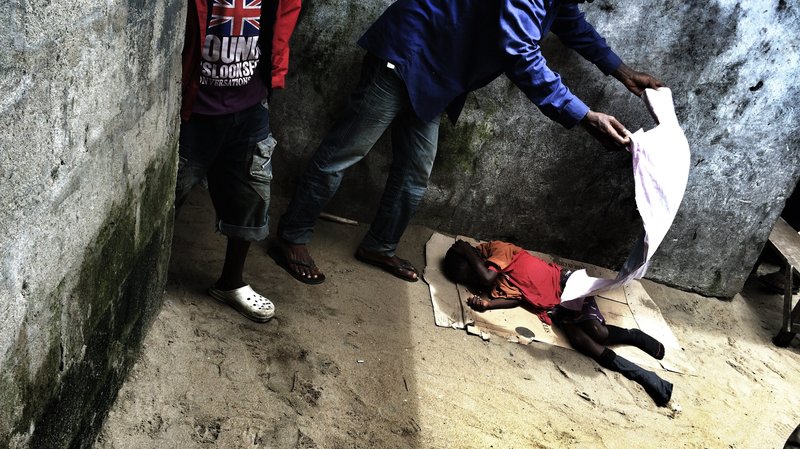Smiley
Colleagues called him “Smiley” because he almost never smiled. 
David Gilkey, a photographer for NPR, died Sunday in southern Afghanistan when the Taliban ambushed the convoy in which he was riding and incinerated his vehicle with a rocket-propelled grenade. He was 50 and had covered conflicts around the world, as well the earthquake in Haiti and Ebola in Africa.
As the presumptive Republican nominee ratchets up his denunciations of the press, calling its practitioners “sleazes” and “unbelievably dishonest”, let’s remember Gilkey and Afghan interpreter and journalist, Zabihullah Tamanna, who were killed while embedded with Afghan Special Forces in one of the world’s most dangerous places. They were seeking to tell a story they believed was important and largely untold. And they knew the dangers. Gilkey and Tamanna brought the number of journalists killed since 1992 to 1,193.
After covering the 2010 earthquake in Haiti, Gilkey said: “It’s not just reporting. It’s not just taking pictures. It’s do those visuals, do the stories – do they change somebody’s mind enough to take action?”
And there is the fine line of good journalism. You don’t risk your life, time after time, simply to entertain. You do it because you believe that the stories need to be told, that the images need to be seen. So you go where others can’t or won’t in the hope that you can arouse an often indifferent world. And in the case of David Gilkey, you send back images that evoke, not just the horrors of war, but the pathos of our common humanity.